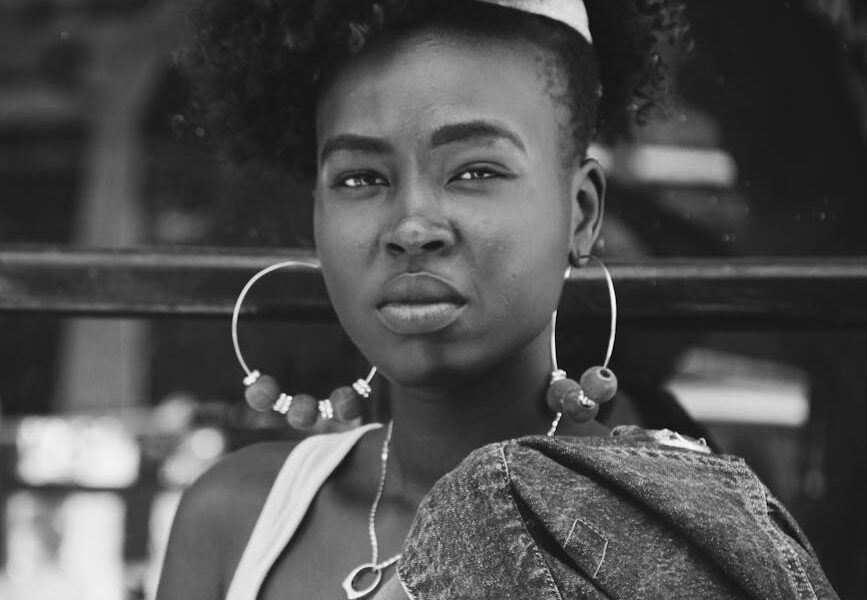The increasing presence of masculine traits among Black women reflects a complex interplay of social, cultural, and personal factors. This trend is not merely a shift in fashion or behavior but a nuanced response to historical pressures, evolving gender norms, and the pursuit of self-expression and agency. Here are some factors that may be contributing to this increase:
1. Historical Foundations and Resilience
Historically, Black women have been burdened with the expectation to embody both strength and nurturing roles, particularly within the context of systemic racism and sexism. This dual expectation stems from their roles during slavery and segregation, where Black women often had to perform physically demanding labor while also caring for their families and communities. This legacy of resilience has contributed to the development of traits traditionally labeled as masculine, such as assertiveness, independence, and physical toughness.
The concept of the “strong Black woman” archetype has roots in these historical roles. While this archetype highlights resilience, it can also impose unrealistic standards, expecting Black women to be perpetually strong and self-reliant, often at the expense of their emotional well-being.
2. Challenging Gender Norms
The rise of masculine traits among Black women is closely linked to the broader movement challenging rigid gender norms. As society becomes more accepting of diverse gender identities and expressions, many Black women are finding the freedom to explore traits and behaviors that transcend traditional femininity.
For some, embracing masculinity is a form of resistance against the narrow definitions of femininity that have often excluded or marginalized them. It is a way to reclaim agency over their identities and push back against stereotypes that confine them to specific roles or behaviors.
3. Intersectionality and Identity
The concept of intersectionality, introduced by Kimberlé Crenshaw, is crucial to understanding why Black women may adopt masculine traits. Intersectionality explores how different forms of discrimination, such as race and gender, intersect and create unique experiences. Black women face a dual burden of racism and sexism, which often necessitates the development of assertive and resilient traits to navigate these challenges effectively.
Adopting masculine traits can also be a strategic response to the stereotypes that portray Black women as overly emotional or unassertive. By embracing traits like assertiveness or physical strength, they can counter these stereotypes and assert their presence in spaces where they might otherwise be marginalized.
4. Cultural and Media Influences
The representation of Black women in media and culture has also played a role in normalizing and celebrating diverse expressions of gender. Public figures like Janelle Monáe, who identifies as non-binary, and athletes like Serena Williams, known for their strength and assertiveness, provide visible role models who challenge traditional gender norms.
Moreover, social media has given Black women a platform to share their experiences, connect with others who share similar identities, and create communities that validate their expressions of masculinity. This visibility helps normalize the adoption of masculine traits and offers support and solidarity.
5. Personal Empowerment and Authenticity
For many Black women, adopting masculine traits is a path to personal empowerment and authenticity. It allows them to express aspects of their identity that might not fit within conventional gender norms. This expression is not about rejecting femininity but expanding the understanding of what femininity can include.
Embracing masculinity can also provide a sense of strength and confidence, allowing Black women to navigate environments that may be hostile or discriminatory. It can be a way to assert control over their bodies and identities in a society that often seeks to define and limit them.
The emergence of masculine traits among Black women is a multifaceted phenomenon influenced by historical context, evolving gender norms, and personal agency. It reflects a broader cultural shift towards inclusivity and a more nuanced understanding of gender. By embracing these traits, Black women are challenging stereotypes, reclaiming their identities, and contributing to a more diverse and inclusive narrative of what it means to be a woman.



